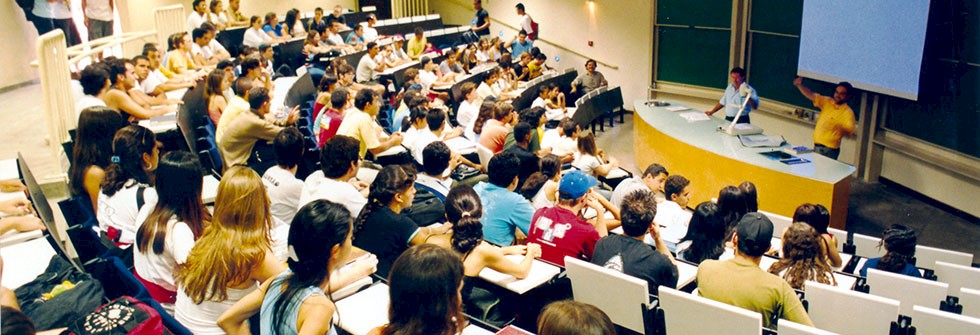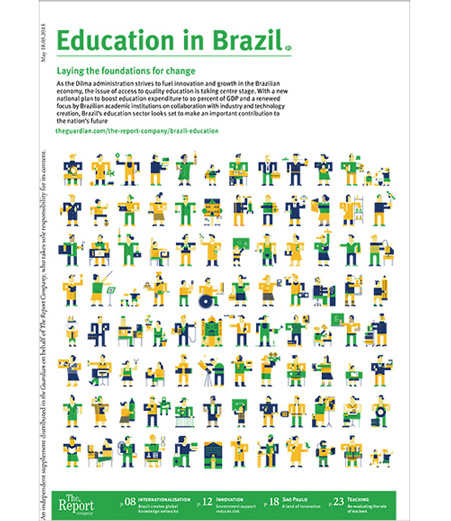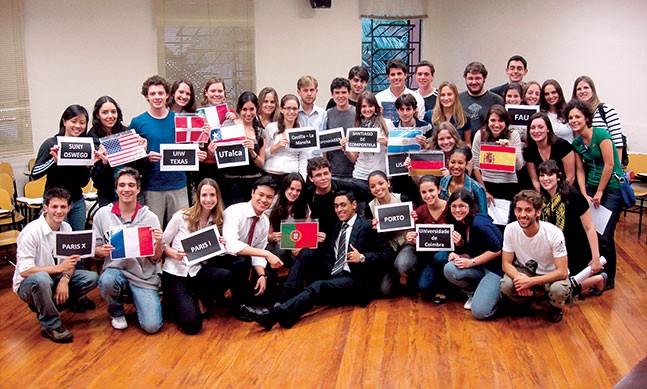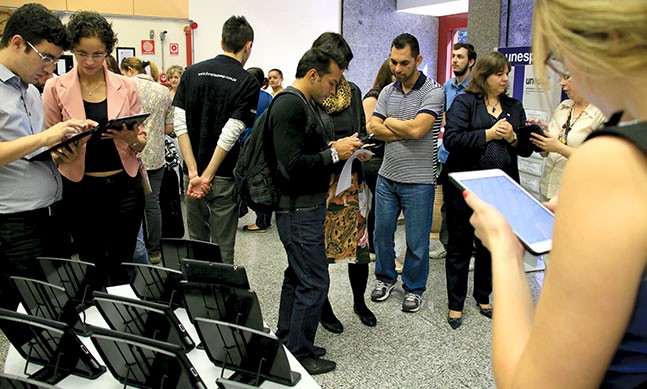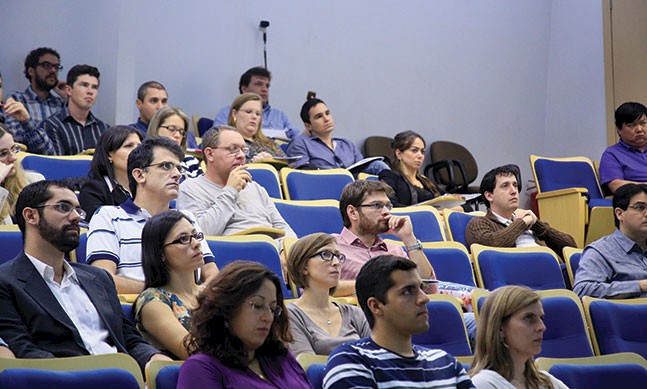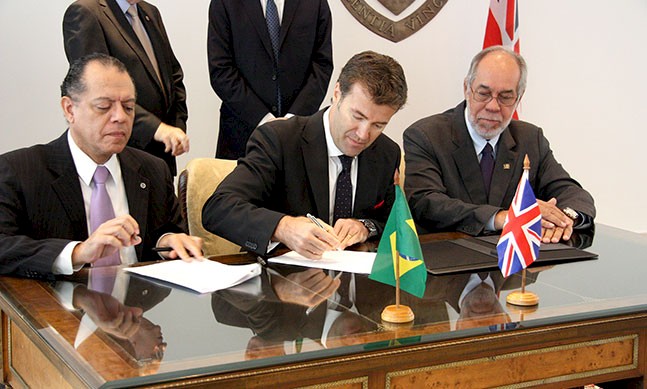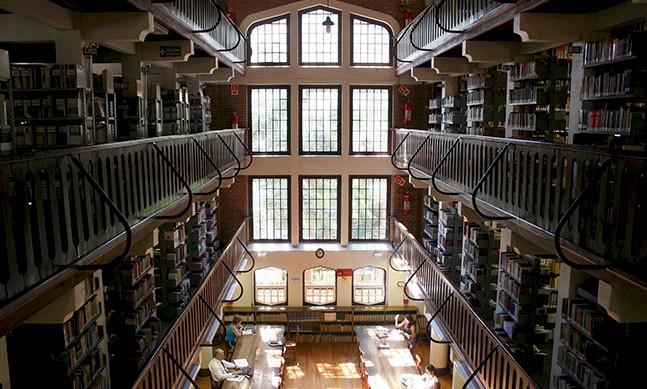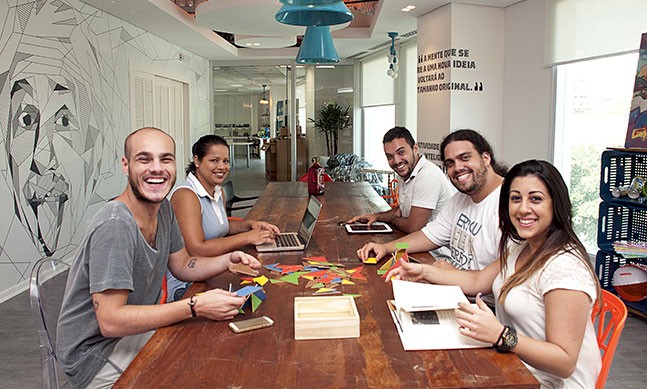A thorough plan for Brazilian education reform has finally been set in motion but with so much at stake, are its goals realistic? With a hitherto unimaginable alignment of policy, investment and the will of society, Brazil is turning promising legislation into reality
Brazil appears to be united behind a cause for the first time since the touchpaper of protest was lit at the outset of 2013. President Rousseff’s response – to dig deeper into federal pockets than ever before and initiate an about-face in the ailing education sector – has brought some much-needed focus to the root cause of the country’s faltering economy and social disquiet. It is, however, merely the beginning of a long road to recovery, the real impact of which may still only be felt in decades to come.
The scale of the recovery required has backed the government into a corner from which politicians and educators alike agree the only positive route out is a top-down educational overhaul. That type of proactive planning is not something often associated with a country more used to reacting to and bandaging over, rather than preventing crises, but universalisation has been a crucial first step to fight inequality. With productivity in decline and functional illiteracy refusing to follow suit, the next step is improving quality to overcome the present situation, which Viviane Senna, president of the Ayrton Senna Institute, describes as “first-world access rates with third-world success rates.”
“If the private sector does not join forces with the government to take care of basic education, Brazil will lose its momentum.”
Gabriel Rodrigues President of the Brazilian Association of Higher Education Supporters (ABMES)
Tweet ThisFor an outdated system, the timing ought to be perfect. The increasing number of young people entering the classroom means that new methods can be adopted quickly and old structures abandoned more easily. The impact of introducing full-time schooling, with full-time, highly-trained teachers that are better prepared to offer classes that inspire students rather than turn them off, would change the paradigm nationally in the way the opening of the UFABC university did for that region.
If it is to succeed, Gabriel Rodrigues, president of the Brazilian Association of Higher Education Supporters (ABMES), is in no doubt that the public system has to learn from the private and act quickly to be in sync with, and pioneering in, today’s global innovation trends in education. How best to harness new technology is the crucial question, and Brazil has to find the right one to suit its model. “If the private sector does not join forces with the government to take care of basic education”, says Rodrigues, “Brazil will lose its momentum.”


